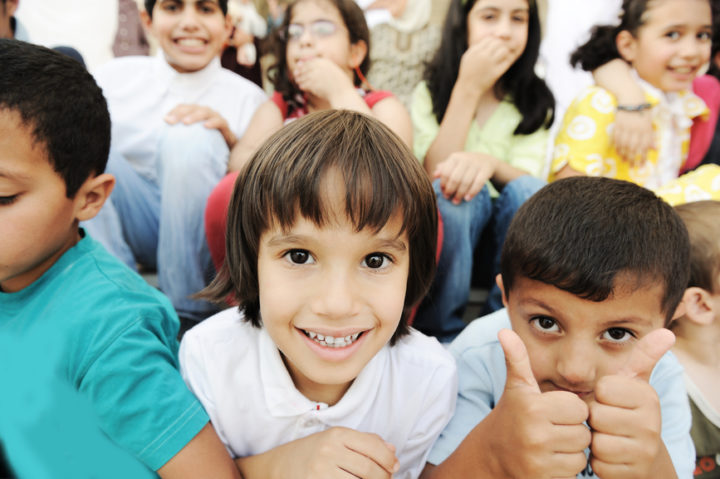Children’s Mental Health

by Farrah Hughes, PhD, ABPP
Facts about Mental Wellness and Children
Mental wellness, especially among children, is important because difficulties that go untreated can set the stage for greater problems later in life. According to the National Survey of Children’s Health, it is estimated that 1 in 7 children ages 2-8 have a diagnosable mental, behavioral, or developmental condition. For adolescents (ages 13-17), the prevalence is 1 out of 5.
The CDC has reported that the most common problems among children ages 3-17 are:
- Attention deficit/hyperactivity disorder (7%)
- Behavioral/conduct problems (4%)
- Anxiety (3%)
- Depression (2%)
Additional difficulties for teens ages 13-18 include:
- Illicit drug use (5%)
- Alcohol use disorder (4%)
- Cigarette use/nicotine dependence (3%)
- Eating disorders (3%)
How Can we Help as Parents and Caregivers?
What do children and teens need to maximize their physical and mental health? Physically, they need a nutritious diet, safe housing, adequate sleep, exercise, immunizations, and a healthy environment in which to thrive. Physical health promotes mental wellness. Mental health can be promoted with unconditional love from family, self-confidence and high self-esteem, the opportunity to play with other children in a safe environment, encouraging teachers and supportive caregivers, safe and secure surroundings, and appropriate guidance and discipline.
How can we foster mental health in our children and teens? Praising their positive and healthy behaviors is a great way to start. Children thrive on attention, so it is important that we attend to the behaviors we like and that we praise children’s efforts.
Signs & Signals Help is Needed
There are many signs that a child or teen is struggling. Be on the lookout for these warning signals so that you can seek care sooner rather than later. Your child may have a decline in performance at school or dropping grades. Some children have worry and anxiety that do not seem to get better, along with depression, sadness, and irritability. Refusing to attend school or withdrawing from other activities, frequent temper tantrums, impulsive behavior, hyperactivity/fidgetiness, disobedience, or aggression that does not improve with corrective discipline are some other signs to keep in mind.
If you notice any of these signs in your child or teenager, it might be time to seek guidance. Medical providers such as pediatricians and family physicians are one place where you can begin the conversation. They can help connect you to an appropriate mental health provider.
Additional Information and Resources
- National Suicide Prevention Lifeline (24/7): 1-800-273-8255
- Child Advocacy Centers: www.cac-sc.org/directory
- Mental Health America: www.mentalhealthamerica.net/every-child-needs
- National Institute of Mental Health: www.nimh.nih.gov/health/topics/child-and-adolescent-mental-health
Locally:
- The Care House: 843-629-0236; www.thecarehouse.com
- Durant Children’s Center: 843-332-9299; www.peedeecoalition.org/durant-childrens-center
- In case of emergency or suspected danger to self or others, call 911 or report to your nearest emergency department.
